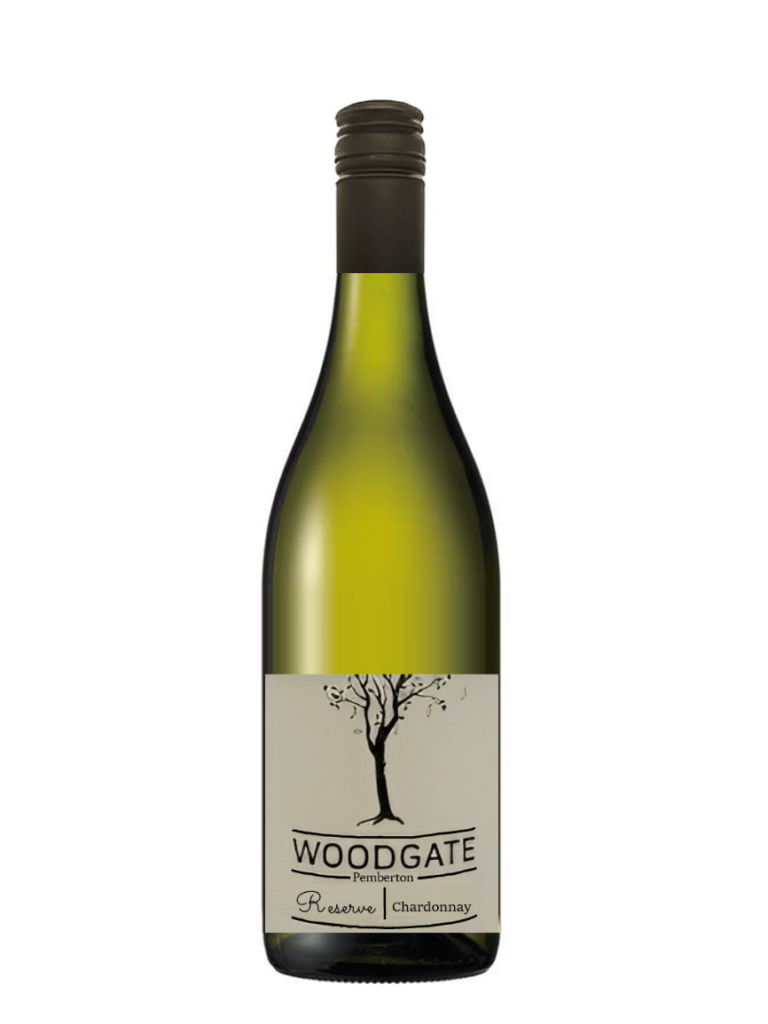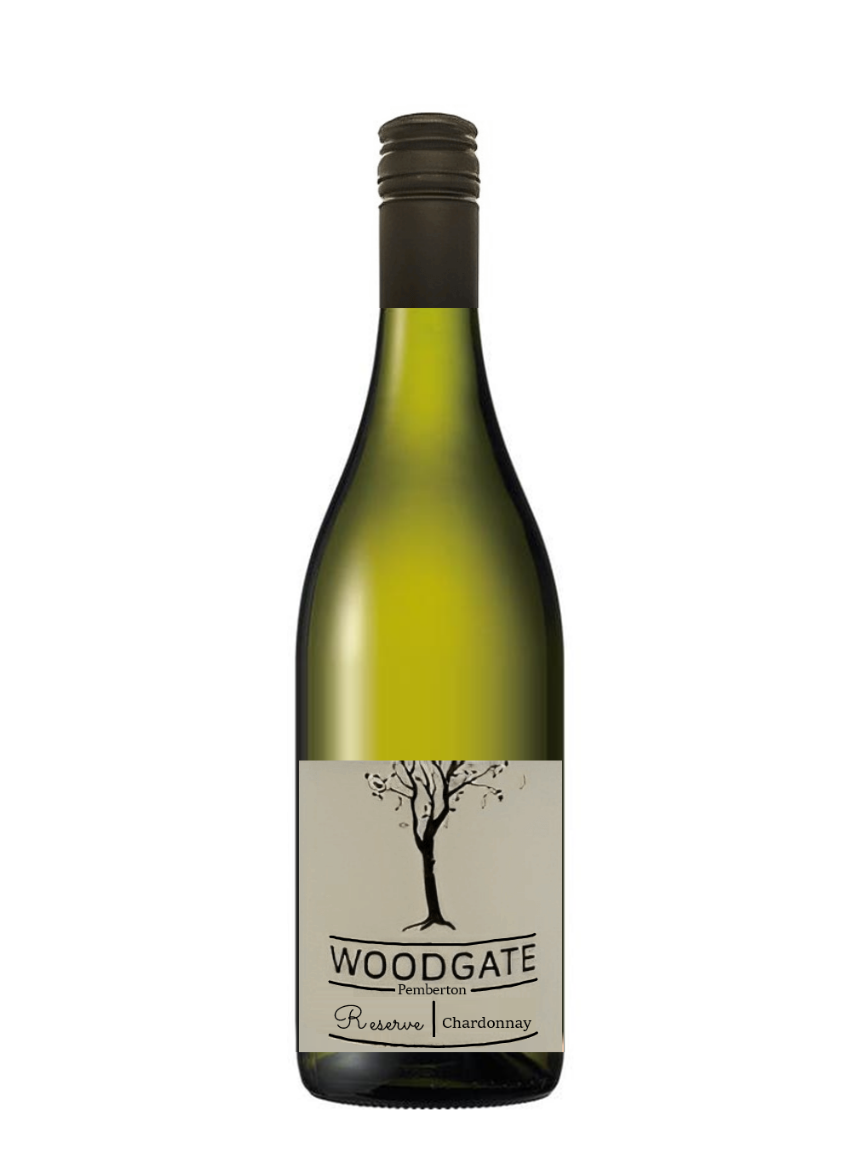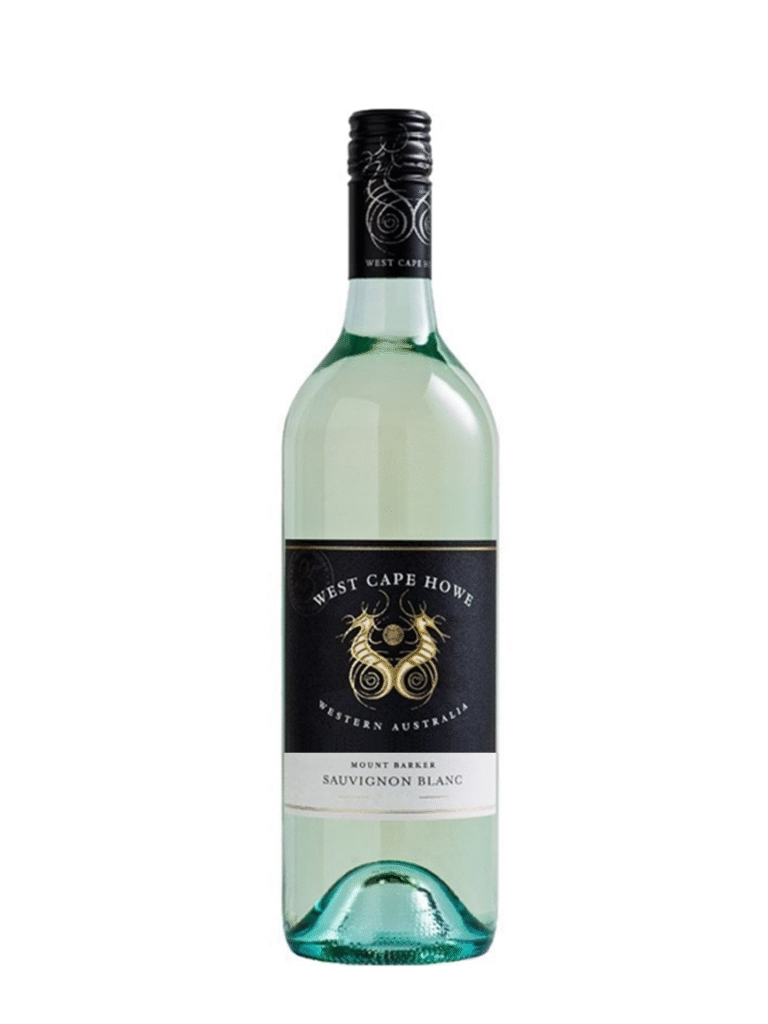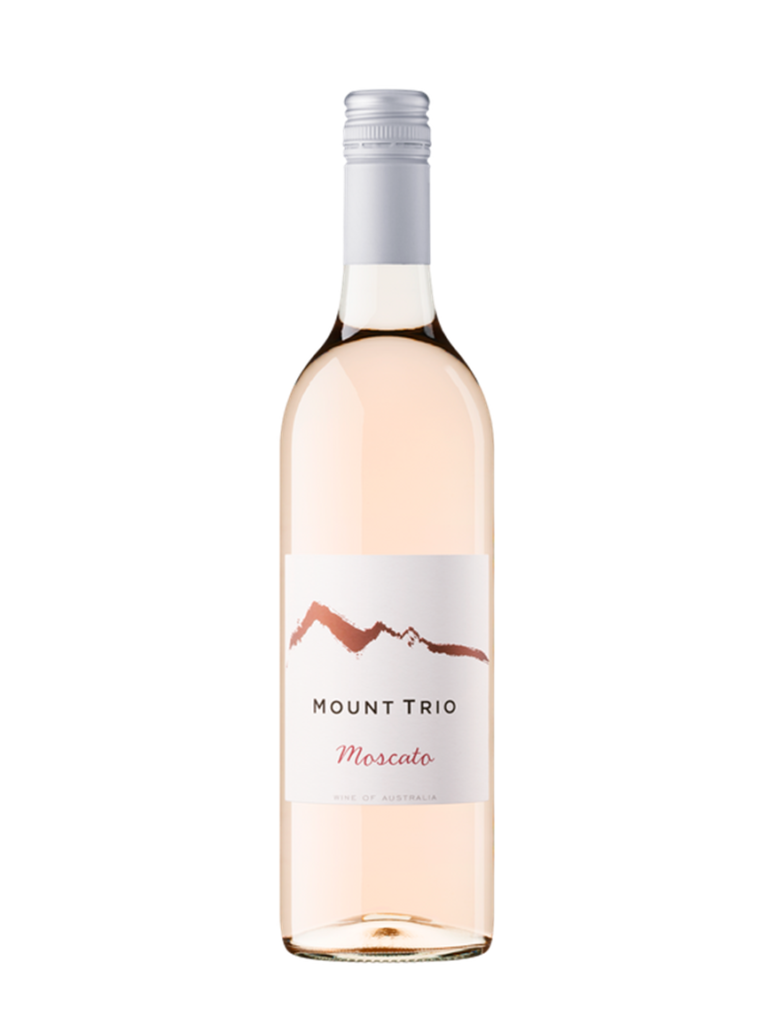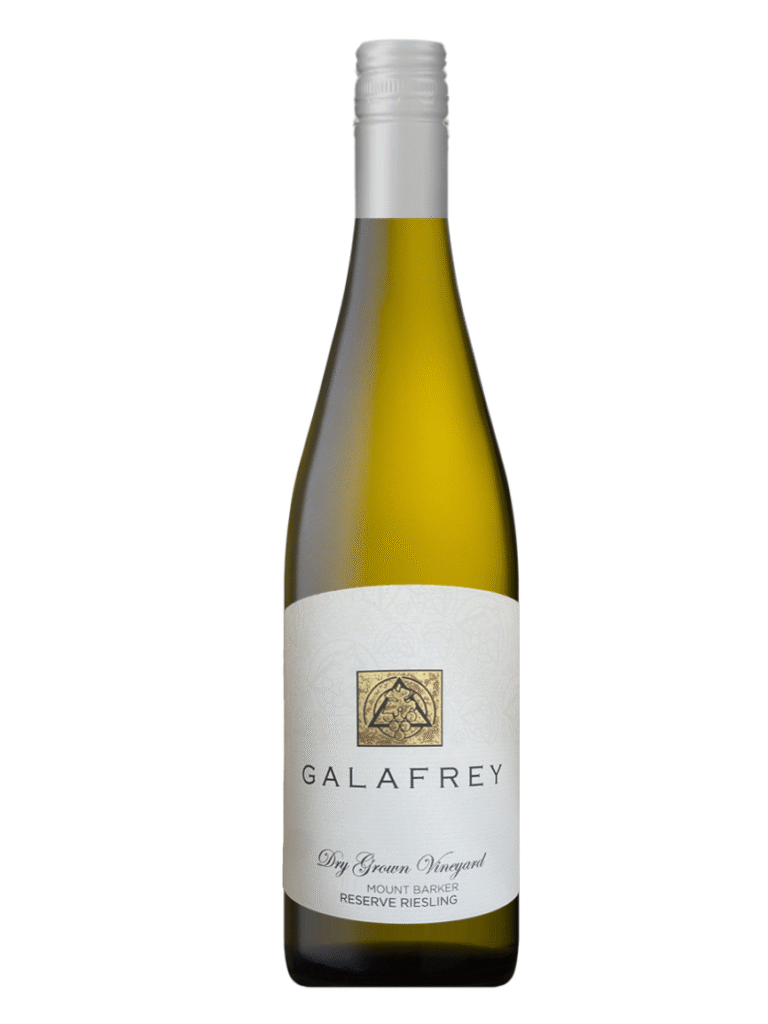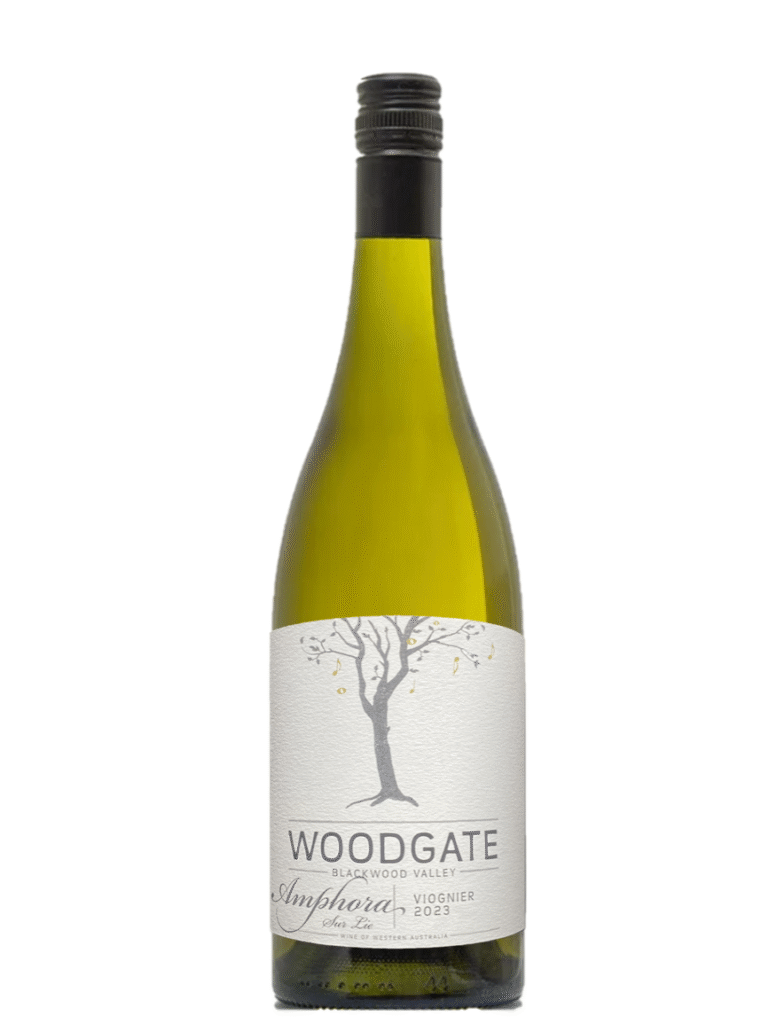Elegant | Creamy Texture | Subtle Oak
The 2022 Woodgate Wines Chardonnay is an exceptional expression of elegance and craftsmanship, beautifully showcasing the potential of this varietal. With a perfect balance of vibrant fruit, creamy texture, and subtle oak influence, this wine is a standout example of Chardonnay at its finest. Its luxurious mouthfeel, enhanced by partial malolactic fermentation, and its complex aromas and flavours make it an ideal choice for those seeking a refined and sophisticated white wine.
Why You Will Love It 💛
- Fruit and Freshness: Bright citrus, ripe peach, and luscious melon aromas create a stunningly fresh and vibrant profile, setting the stage for the wine’s rich complexity.
- Creamy Texture: A result of partial malolactic fermentation, this wine offers a soft, round mouthfeel that balances the vibrant acidity.
- Subtle Oak Influence: Aged for 9 months in French oak, the wine gains gentle complexity, with notes of vanilla and spice perfectly complementing the fruit.
- Refined and Elegant: The wine’s careful winemaking ensures a wine that is both full of character and wonderfully approachable, with a long, smooth finish.
- Versatile Pairing: Whether enjoyed on its own or with food, this Chardonnay is perfect for enhancing any occasion with its sophisticated character.

Discounts & Delivery
Buy 6 or more wines of your choice and enjoy a 5% discount. Yes, it can be any mix of wines!
Based in Perth, we provide FREE personal delivery for orders over $75 within the Perth area.
We also offer shipping across Australia, with freight costs calculated at checkout.
You can typically order more than the available stock of most wines, with excess going on backorder. However, for special vintage-dependent wines, you’re restricted to the current stock to ensure you receive the specific year’s vintage.
Partners in Wine WA stocks all of the Woodgate range as their dedicated online store.
For any inquiries, feel free to reach out to us via email at info@partnersinwine.com.au.



